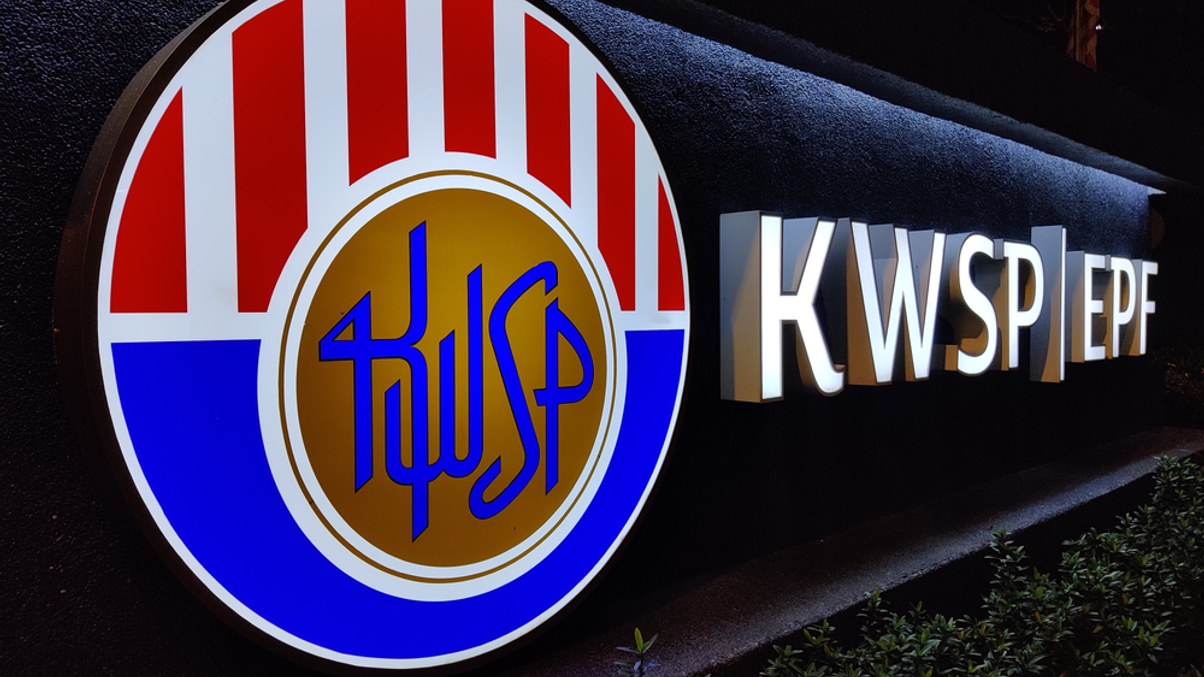Malaysia EPF’s local investment focus will test returns
The pension fund's pivot to domestic investments could affect returns negatively since a significant chunk of its investment income is currently derived from overseas exposure.

Malaysian Prime Minister Anwar Ibrahim’s decision to ask Employees Provident Fund (EPF) to raise its domestic investments to 70% this year could pose some asset allocation challenges for EPF as it tries to generate adequate returns for its members.
Sign in to read on!
Registered users get 2 free articles in 30 days.
Subscribers have full unlimited access to AsianInvestor
Not signed up? New users get 2 free articles per month, plus a 7-day unlimited free trial.
¬ Haymarket Media Limited. All rights reserved.


